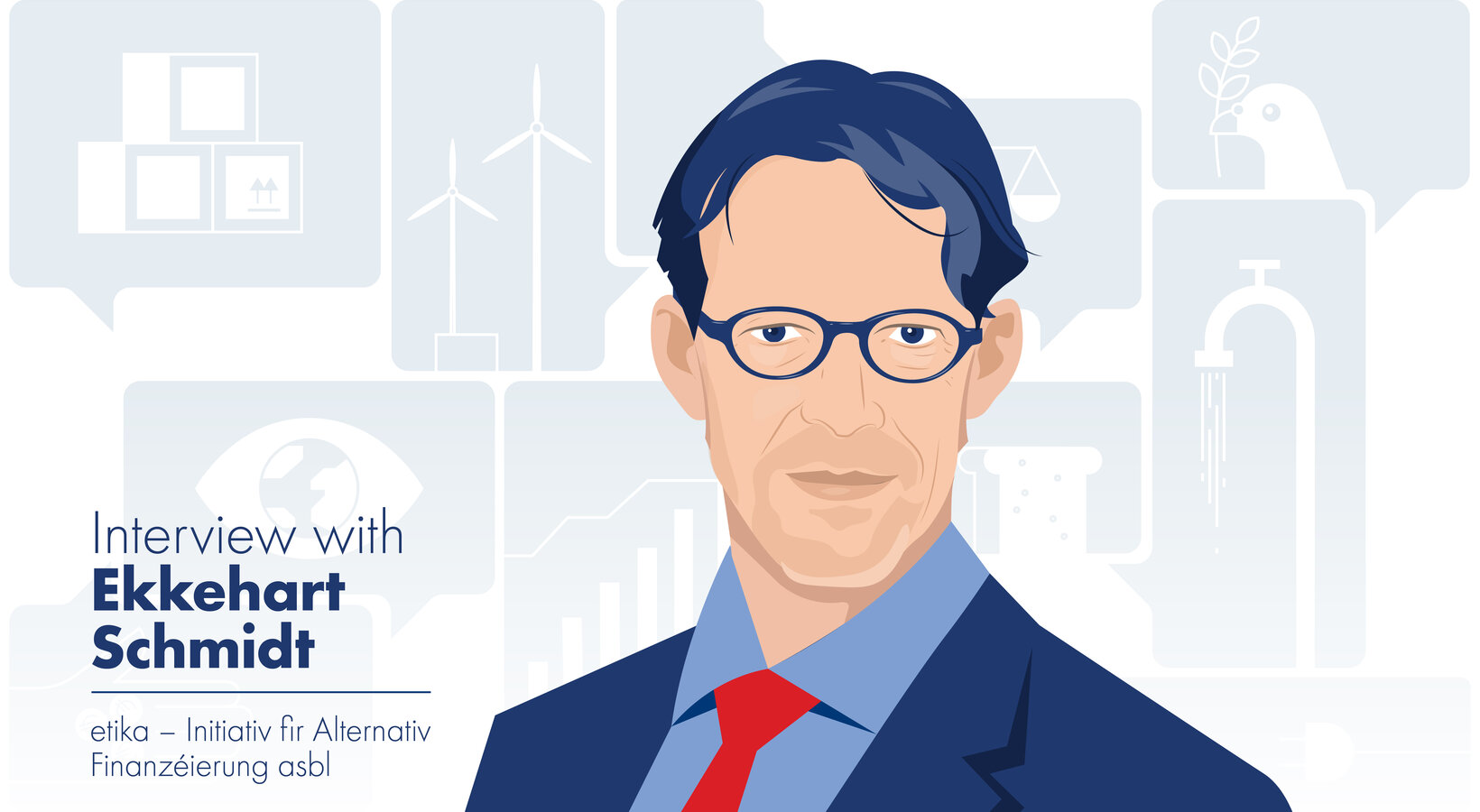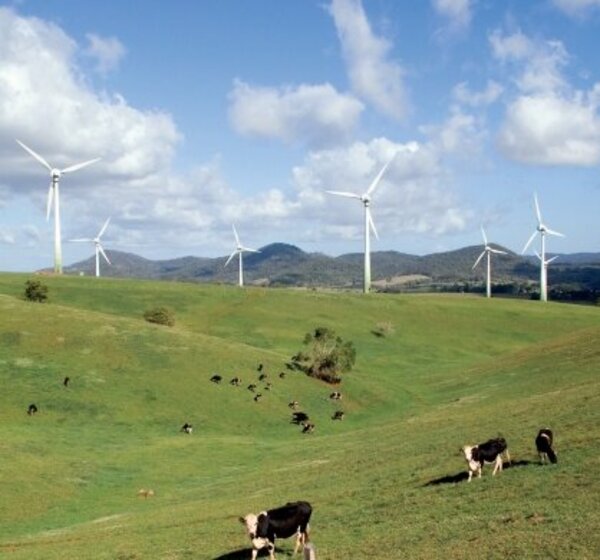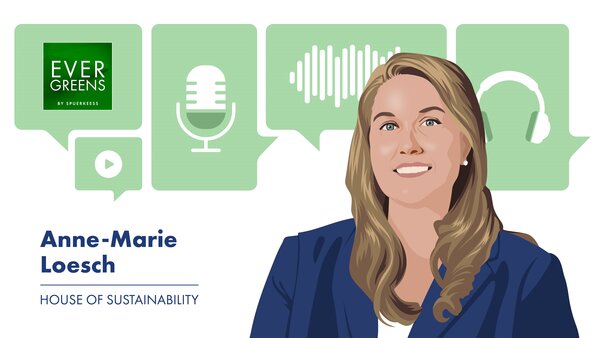Five top tips on the subject of greenwashing
1. Consider your values. Learn to apply a trio of criteria: an attractive price is one criterion, the other two are the social and ecological impacts of production.
2. Actively inquire. You can ask retailers if they have an organic option or an alternative product with proven sustainability. See consumption as a political act. Support sustainable sellers/producers by buying from them and avoiding others.
3. Awareness. The easiest way to find out if a company or a brand is engaging in “greenwashing” is to search for numbers or evidence to support their claims, rather than simply taking them at face value.
4. Healthy distrust. If you suspect that products are not what they seem, try to find the most neutral, most independent institutions to help you choose: Öko-Test magazine (for German speakers) and consumer advice centres are examples of good sources.
5. Analyse and search. With frequently purchased products, you should not give up on trying to find the really good ones. Whatever the claim (organic, fair trade, eco, animal welfare, climate-neutral, etc), serious companies will have labels from recognised certification bodies on their packaging.





![[Translate to English:] [Translate to English:]](/fileadmin/_processed_/9/7/csm_426_EXP_Romy_Reding_Spuerkeess_28mars25_f6a6df7a8f.jpg)
![[Translate to English:] [Translate to English:]](/fileadmin/_processed_/5/8/csm_SP_175_Illustration_422_EXP_Bertrand_Lathoud_Luxembourg_House_of_Cybersecurity_d8f6d97d0e.jpg)
![[Translate to English:] [Translate to English:]](/fileadmin/_processed_/f/5/csm_SP_171_Illustration_420_EXP_Philippe_Parage_CN3_77e5a0f32e.jpg)
![[Translate to English:] [Translate to English:]](/fileadmin/_processed_/5/8/csm_SP_171_Illustration_420_EXP_Lars_Weber_Spuerkeess_301b899cc5.jpg)

![[Translate to English:] [Translate to English:]](/fileadmin/_processed_/8/7/csm_410_EXP_Luigi_Garofoli_Spuerkeess_6fe92987c1.jpg)
![[Translate to English:] [Translate to English:]](/fileadmin/_processed_/7/d/csm_417_RSE_Max_Didier_CDCL_ac53048797.jpg)
![[Translate to English:] [Translate to English:]](/fileadmin/_processed_/1/7/csm_416_EXP_Marco_Rasque_Da_Silva_Spuerkeess__1__33f3f45032.jpg)
![[Translate to English:] [Translate to English:]](/fileadmin/_processed_/9/a/csm_415_EXP_Stephanie_Damge_House_of_Entrepreneurship_ef4a4a81e8.jpg)
![[Translate to English:] [Translate to English:]](/fileadmin/_processed_/3/6/csm_414_EXP_Tom_Wirion_68ffad8a51.jpg)
![[Translate to English:] [Translate to English:]](/fileadmin/_processed_/0/7/csm_Jessica_Thyrion_ESG_080dab77d5.png)